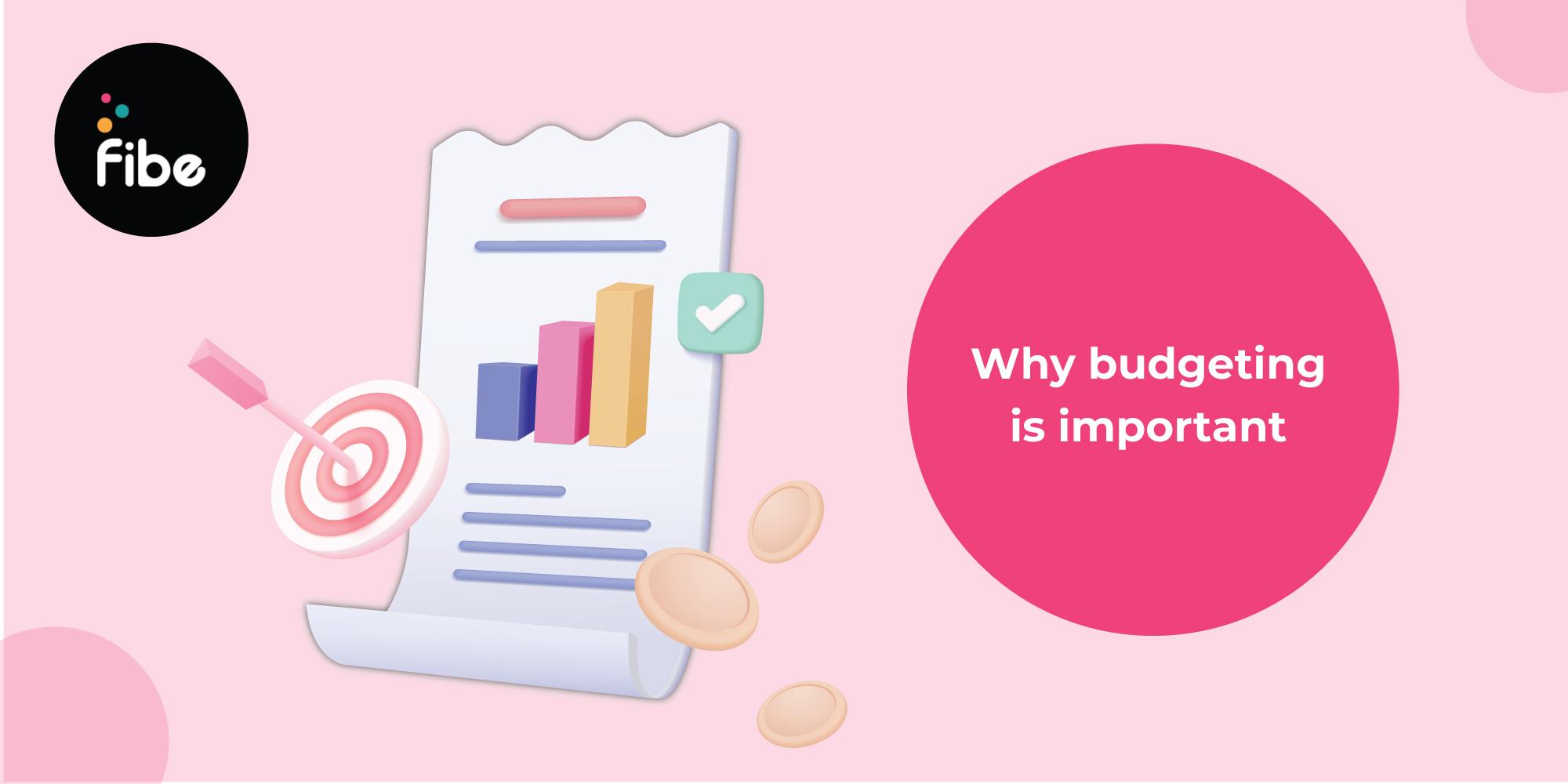Why and How to Make a Budget? Important reasons and tips
Reviewed by: Fibe Research Team
- Updated on: 5 Dec 2024
Reviewed by: Fibe Research Team

Knowing how to prepare a budget is one of the essential life skills that can help you manage your finances. Budgeting allows you to spend your income to meet all your needs effectively. Moreover, a proper budget helps you to cut unnecessary costs and save more to secure your financial future.
Read on to learn why budgeting is important, how to make a customised budget and tips for smart budgeting.
Here are some reasons why you should prepare a budget in the first place:
It is crucial that you differentiate between necessary and luxury expenses. This is also the foremost stepping stone to managing a budget. This information can help you limit costs and ensure you don’t spend beyond your means.
It helps to determine exactly how much you need to put towards your retirement fund. By smartly investing your salary and savings, you can secure your golden years with a suitable corpus.
A budget provides insight into whether you have surplus money to put towards long- and short-term goals. You can also understand how much you can direct towards creating a fund for emergencies as well.
You can review your budget to know if your money is going towards too many luxury or impulse purchases. After rethinking your spending habits, you can put the money towards instruments that secure your financial growth instead.
Budgets offer perspective, which can help you control your finances better. In fact, it can improve your lifestyle in the long run by enabling you to:
The first step is understanding your goals and why you are creating this budget. If you’ve ever wondered, ‘How do I make a budget?’ follow these guidelines.
Firstly, know your total monthly earnings from all sources, including:
Knowing how much you spend is a crucial aspect of an adequate budget. This is because it will help determine if you have room for savings or are exhausting your income.
After calculating your inflow and outflow, you must check if you’re making any unnecessary purchases. Ideally, you should monitor your income and expenses for a few months to better understand your spending habits.
Once you have analysed everything, you must decide on an approach. A popular tactic is the 50/30/20 method, where:
However, you can decide on any ratio or method based on your financial obligations.
After doing all the required calculations, you can adjust your expenses based on your lifestyle. Note that keeping your budget flexible is essential, as an overly strict plan may diminish your quality of life or make it hard to stay consistent.
Here are some practical tips to help you meet your goals:
With these tips, it’s easy to prepare and manage a budget to meet your goals and save more money for the future. However, there may be a situation when you may need urgent funds and you may not have sufficient cash. In such cases, the Fibe Instant Personal Loan can help.
You can easily get a loan of up to ₹5 lakhs for any financial requirements. Furthermore, with a flexible tenure of up to 36 months, you can repay comfortably per your budget. Download our Personal Loan App or visit our website to apply online!
Having a budget simplifies your money management and allows for realistic adjustments. Thus, you must have a budget to better control your earnings and day-to-day expenses. This also helps you save efficiently and achieve goals.
A budget can help you better manage your income and spending in the following ways:
Yes, budgeting can help you pay off your debt faster by helping you manage your finances better. By tracking your income and expenses, you can create a debt repayment strategy with more allocation towards repayment.
Here are some tips that can help you create and manage a budget realistically: